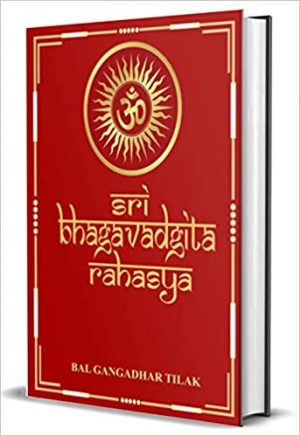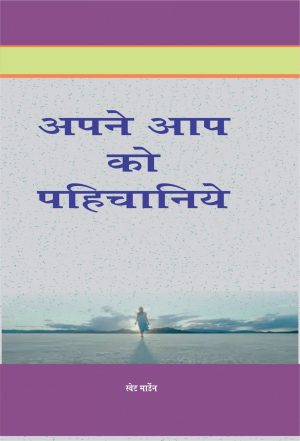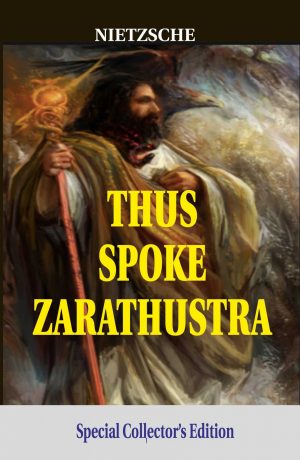Religion & Philosophy
Thoughts on Life and Religion ( An Original Classic Edition) by F. Max Müller (Hardback)
- ISBN-13 : 978-8182476554
- Page : 150 pages
- Dimensions : 22.5 x 14.5 x 1.3 cm
- “That is the returning to God which in reality is never concluded on earth but yet leaves behind in the soul a divine home sickness, which never again cease”. “while the river of life glides along smoothly, river; only the landscape on either bank seems to change.” F Max Muller
₹399.00 ₹495.00






There are no reviews yet.